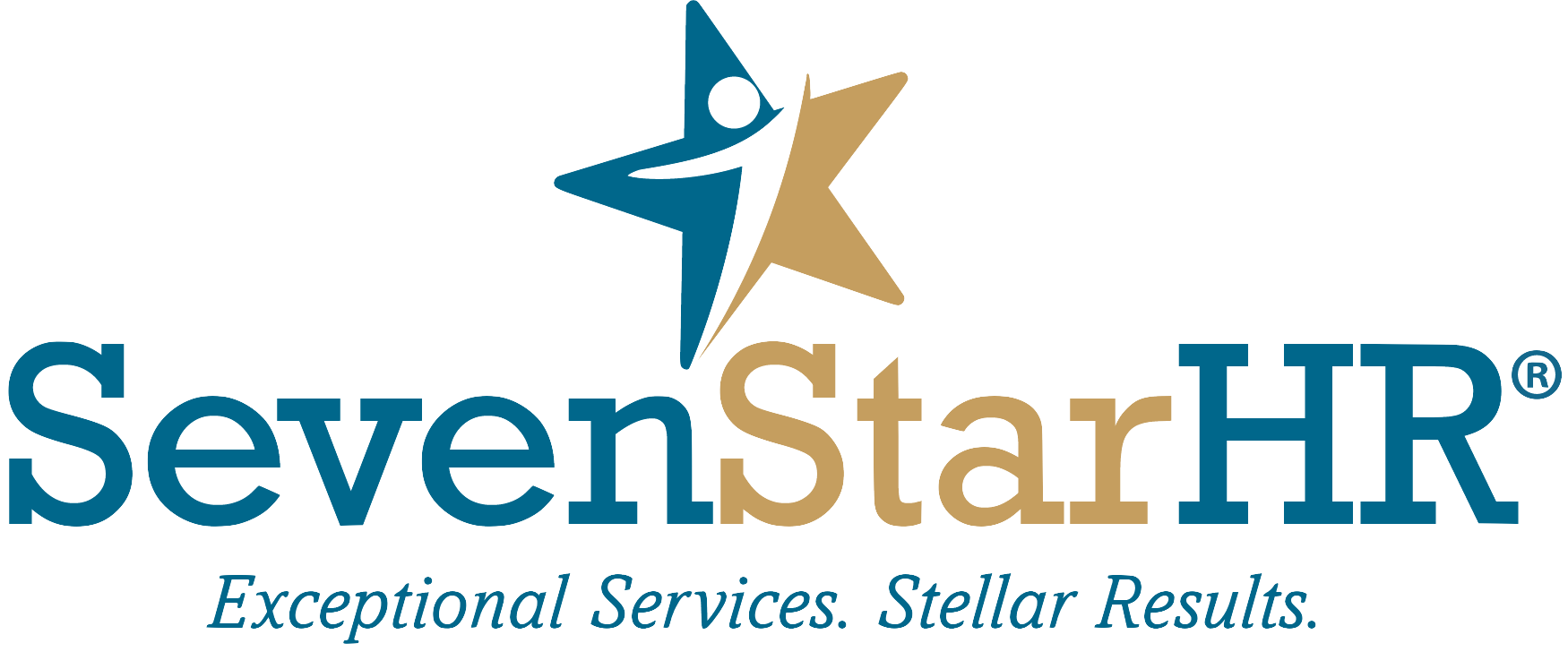NY Enacts Law Making Wage Theft a Crime
Over the past decade, New York State has been proactive in addressing perceived wage theft through a series of legislative measures aimed at safeguarding workers' rights. On September 6, 2023, Albany lawmakers passed a bill that formally categorizes wage theft as criminal larceny. This legislative move underscores New York's commitment to protecting workers and imposing legal consequences on employers who fail to provide fair compensation.
A Novel Approach to Wage Theft
The recently passed bill introduces a unique method for combating wage theft. It amends the larceny statute within the New York Penal Law to explicitly encompass wage theft, which is defined as when an individual is hired to perform services, carries out those duties, and yet, their employer fails to compensate them at the minimum wage rate and overtime as mandated by law.
What sets this new law apart is its provision allowing prosecutors to consolidate multiple instances of non-payment or underpayment of wages, even if these events occurred in different counties.
Essentially, New York employers who neglect to promptly and fully pay their employees for their labor may now face not only civil damages and penalties but also the potential of criminal charges. This marks a notable shift in how wage theft is perceived and penalized within the state.
Employer Obligations in Response to This Bill
Given this new law, it is imperative for employers throughout New York State to review and adjust their policies and practices promptly to ensure immediate compliance. To avoid potential legal ramifications, employers should consider taking the following measures:
Frequently Review Compensation Practices: Employers should routinely assess their wage and overtime policies to ensure they fully adhere to New York State labor laws. Any discrepancies or potential concerns should be addressed without delay.
Maintain Precise Records: Maintaining meticulous records of employees' work hours, wages, and compensation is crucial. Employers should uphold transparent and precise record-keeping to substantiate their compliance with the law.
Seek Legal Counsel: In intricate situations or when uncertain about compliance, it is advisable for employers to consult with legal professionals specializing in labor and employment law. They can offer guidance on navigating the legal landscape effectively.
Implement Training Programs: Employers can establish training programs for managers and HR personnel to ensure they possess a comprehensive understanding of labor laws and compliance requisites. This proactive approach can prevent inadvertent violations.
Engage in Transparent Communication: Employers should communicate transparently with their employees regarding wage rates, overtime policies, and their entitlements under the law. Transparent communication can mitigate misunderstandings and disputes.

